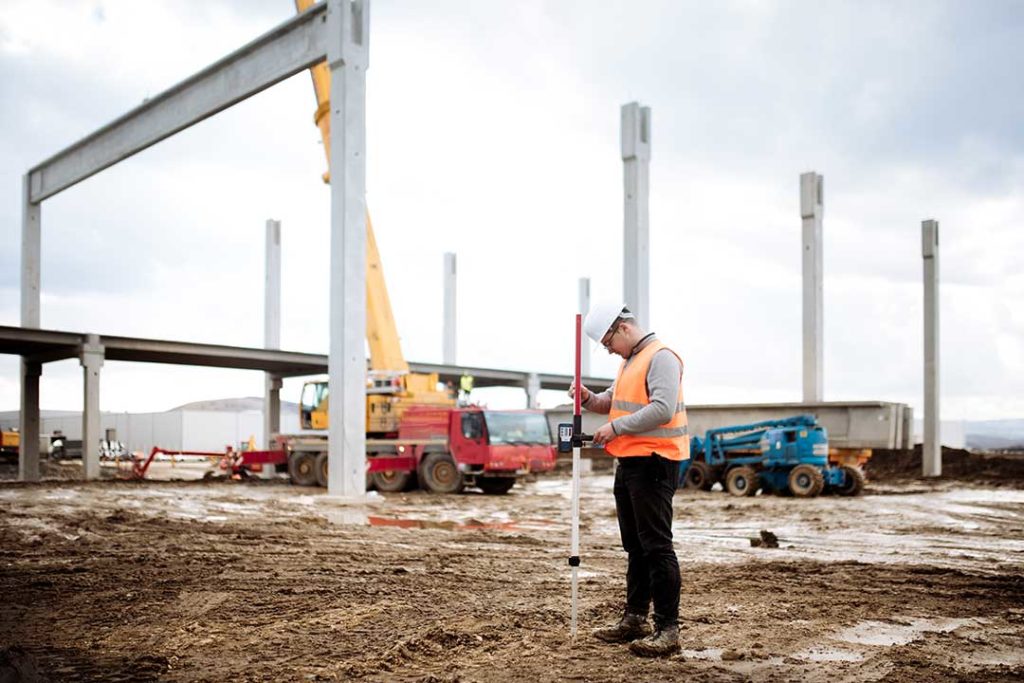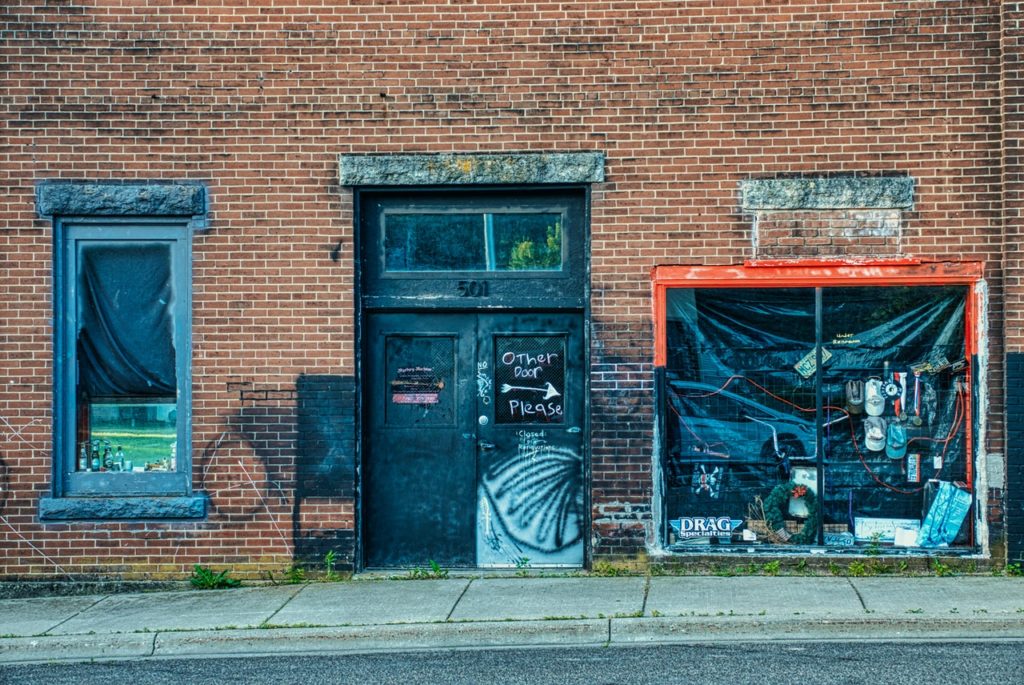Commercial property Insurance Brokers specialise in providing cover and tailoring insurance policies for commercial property owners. As a
commercial property owner, there are a number of risks which present themselves where the responsibility comes back onto the owner. Certain risks could potentially be the likes of maintenance issues, regular building services, faulty structures or equipment.
As a commercial property insurance broker, it is best to understand the full aspects of your
property. In the commercial space, there are a number of different things which affect your cover and also the premium that you pay. If you are still managing your own insurance policies, read our article on why we suggest that this is a bad idea!
Choose your tenants wisely
This is one aspect of commercial property insurance which can impact your
premium the most. In some cases, certain occupations that you allow to lease your building will exclude certain insurers from providing you cover. Currently, the most scrutinised tenants are self-service laundromat facilities and tattoo parlours due to their potential fire risks. Insurer data has been relied upon when classifying tattoo parlours as high fire risk due to the potential threats and increased
claims arising from bikie-related incidents. Although unfair to categorise every single tattoo parlour across Australia however, insurers rely sole on data and analytical data to make their decisions. Other occupations that tend to cause issues is the likes of scrap metal dealers, pawn brokers and premises with large cold room facilities.
The next time your property manager brings you an expression of interest form for a tenancy, discuss this with your commercial property insurance brokers to see if this impacts your policy. I have seen many cases where a lease agreement has been signed, the policy is updated on renewal and the premium increases significantly or we are unable to obtain cover.
Obtain regular re-build valuations
We have recently seen the price of materials sky rocket which then increases the costs associated with having your building rebuilt. Although it is important to make sure that you are covered for high enough value that you can rebuild your property, however, the bigger concern on commercial properties is under-insurance. Commercial properties are not like domestic policies where if you insure for the value that you specify than the insurer pays or contributes that amount and that's it. Commercial policies here in Australia all have an under-insurance clause within the policy wording that stipulates, if your building is not insured for atleast 80% of its re-build value than the insurer can reduce your claim payout or settlement by the same amount. For example, if your building is assessed and the rebuild valuation comes in at $1,000,000 and you have insured your building for $500,000 for the last 10 years with no increases along the way than this would represent a 50% value. The insurer would then acknowledge your $500,000 insured value and deduct 50% which is the same value that you under-insured for and the remaining insured value would be $250,000. Unless you can prove that you obtained some form of recommendation or building valuation to determine that value then unfortunately, your claim has just reduced significantly.
Cyber Liability Insurance is designed to help protect you from claims and support your profitability in the event of a cyber breach or attack.
Public Liability insurance is there to provide protection if someone makes a claim against the insured, the business or its employees.
A business insurance pack can provide cover for your business premises and contents, against loss, damage, theft or financial loss from an insured interruption to the business.
We have recently seen the price of materials sky rocket which then increases the costs associated with having your building rebuilt. Although it is important to make sure that you are covered for high enough value that you can rebuild your property, however, the bigger concern on commercial properties is under-insurance. Commercial properties are not like domestic policies where if you insure for the value that you specify than the insurer pays or contributes that amount and that's it. Commercial policies here in Australia all have an under-insurance clause within the policy wording that stipulates, if your building is not insured for atleast 80% of its re-build value than the insurer can reduce your claim payout or settlement by the same amount. For example, if your building is assessed and the rebuild valuation comes in at $1,000,000 and you have insured your building for $500,000 for the last 10 years with no increases along the way than this would represent a 50% value. The insurer would then acknowledge your $500,000 insured value and deduct 50% which is the same value that you under-insured for and the remaining insured value would be $250,000. Unless you can prove that you obtained some form of recommendation or building valuation to determine that value then unfortunately, your claim has just reduced significantly.
If you have a domestic property that you would like to get a valuation on then you click
here. However, to request commercial valuations, we can only provide this via our subscription software. If you would like to obtain a copy of your free building valuation, please contact us.
Add a business interruption cover
Many commercial property insurance policies that we see don’t have business interruption included. If you have a good commercial property insurance broker then you should know what this cover is and it should definitely be added to your policy.
Business interruption for a commercial property owner is usually designed to cover the rental income that you receive for the property. Commercial properties can take a significant amount of time to rebuild after a major loss.
To break it down, after significant fire damage at a building occurred it took about 60 days just to assess the insurance aspect of the claim. This was just to confirm how the fire occurred, confirmed that it was covered under the policy and begin the removal process of the damaged goods. After this, loss adjusters and estimators began obtaining quotes and working on the rectification process of the building.
Once the quotes and estimates are completed plans are submitted to council and if no adjustments are required to go back and forth than another 30 days will pass in a blink of an eye. Depending on the size of the building and how many tenancies were in the building you can allow another couple of months as a minimum to reconstruct the property.
Unless your old tenants are knocking at the door wanting to move back in then chances are you will also have some time before you fill the property. There’s a good chance that those tenants have moved into new locations and already trading.
Can you completely write off this income for 12 months or more? Our governing bodies are now recommending that all commercial policies cover a minimum of 2 years business interruption to be suitably covered.
If you work out of your commercial property then it is also important to note that by adding the
business interruption cover you also get an “additional increased cost of work” cover. The increased cost of work cover is designed to be an immediate payment to you which covers your increased or additional costs incurred after a loss. This could be as little as the costs for hiring a portable cold room in an attempt to preserve perishable stock, or it could be something like paying for your costs to move your business to a new location to continue trading.
Cover like this could be the big difference of whether you successfully make it through a large loss occurring or not.
Machinery breakdown options
Commercial properties typically include many pieces of machinery that could breakdown and which you should consider including under your policy. Typically chilled cold rooms and display cabinets would be classed as the tenants' responsibility (unless the asset is included under the lease agreement) however, things like air conditioning to the building, elevators and escalators will typically be the responsibility of the property owner. Although this doesn’t relate to every commercial property, most commercial property owners will consider having a blanket dollar value in cover to protect these items that could potentially cost a lot of money to fix.
Commercial property insurance brokers are able to strategise with you on your best level of cover and how you can reduce the impact of a significant loss occurring to to your property. It is worth putting the time and effort in discussing options with your insurance broker as these additional covers may not cost a great deal initially however, the potential impact to your business could be worth $10’s or $100’s of thousands of dollars.









